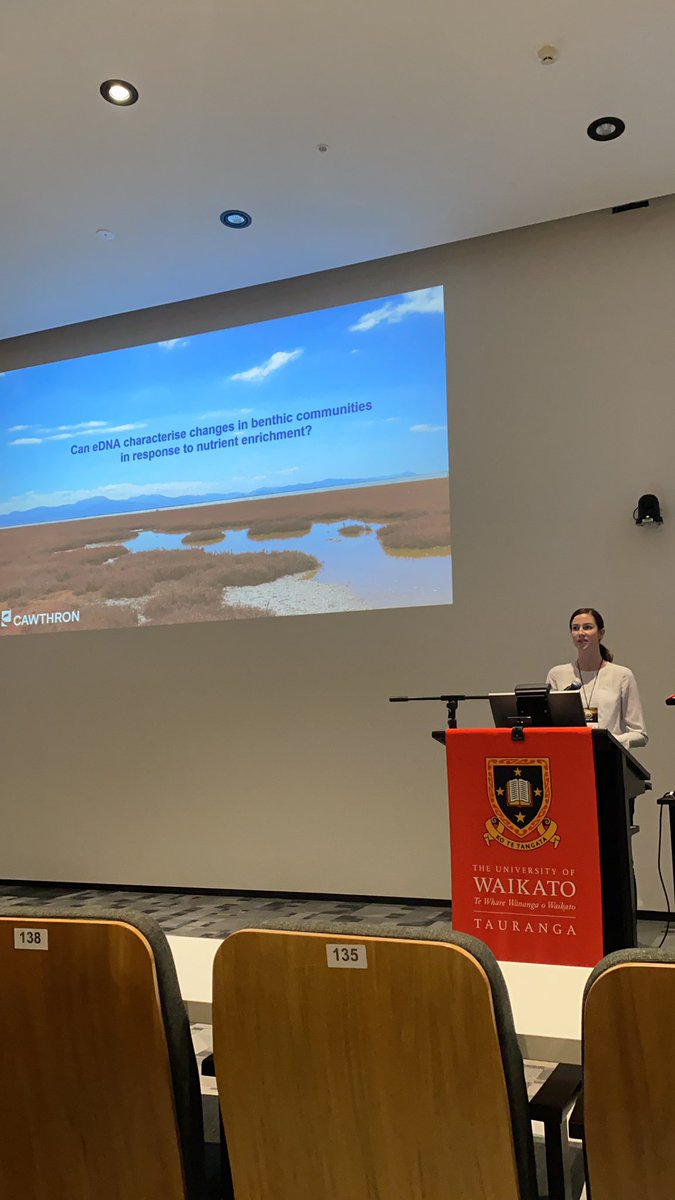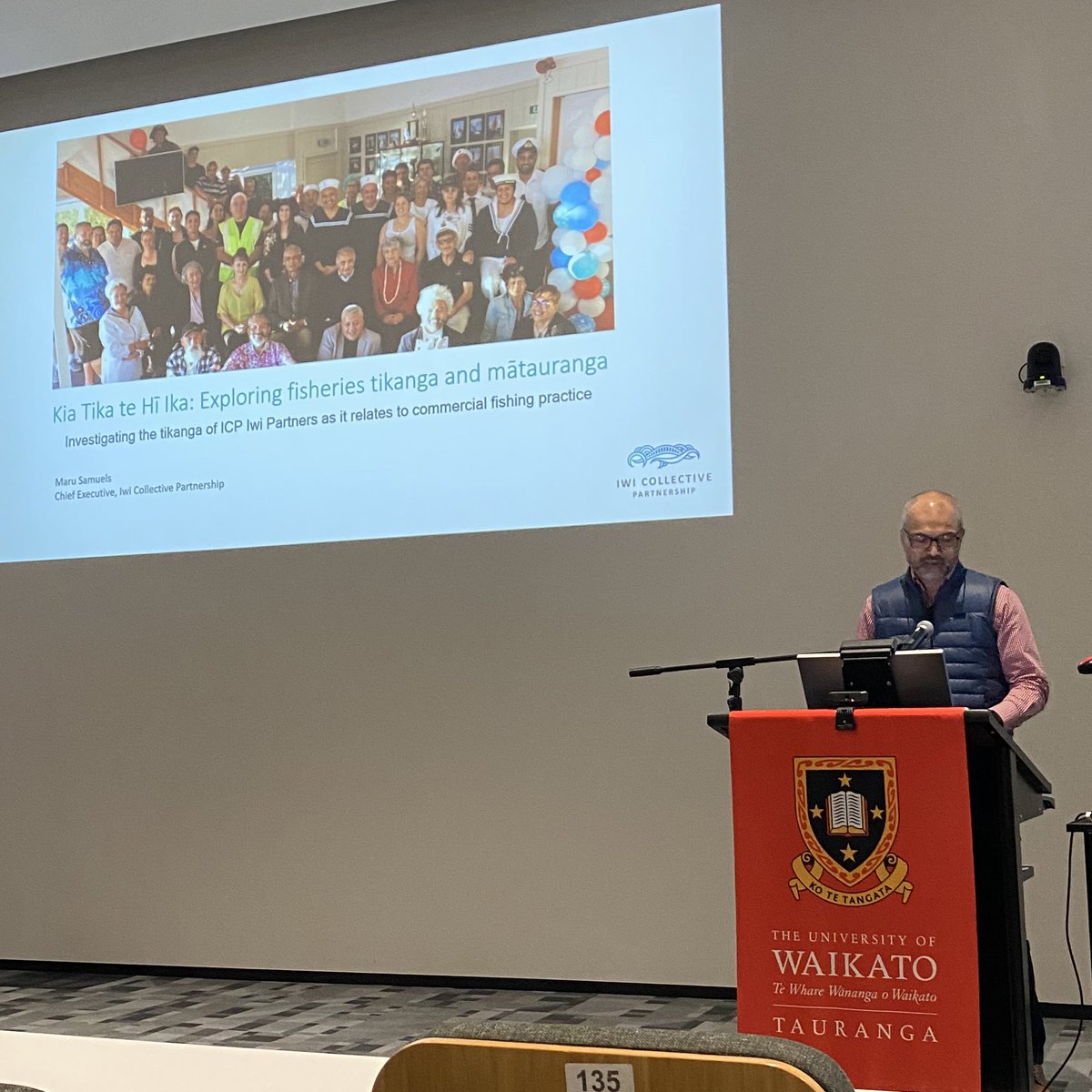
Our next speaker this morning is Te Rerekohu Tuterangiwhiu, sharing the meaning behind kaitiaki, the history of what’s been lost for Māori and some advice for how scientists in Aotearoa can fit in 





Replace what was taken—space, knowledge, language and practices. Give hapū and whānau resources to do their own research, science is the technical support when required
Mātauranga Māori exists at n physical spaces, go to these spaces but do not mine!
There are cultivation obligations and harvesting rights not just of fisheries or natural resources, also of knowledge - no extractive mining!
Kia ora Te Rerekohu, an incredible whakaaro to listen to today.
Te Rerekohu leads the Whakaika te Moana project, which is exploring traditional aquaculture practices. Try catch him at #NZMSS2021 tea break or visit the project page for more sustainableseaschallenge.co.nz/our-research/w…
@threadreaderapp unroll
• • •
Missing some Tweet in this thread? You can try to
force a refresh













